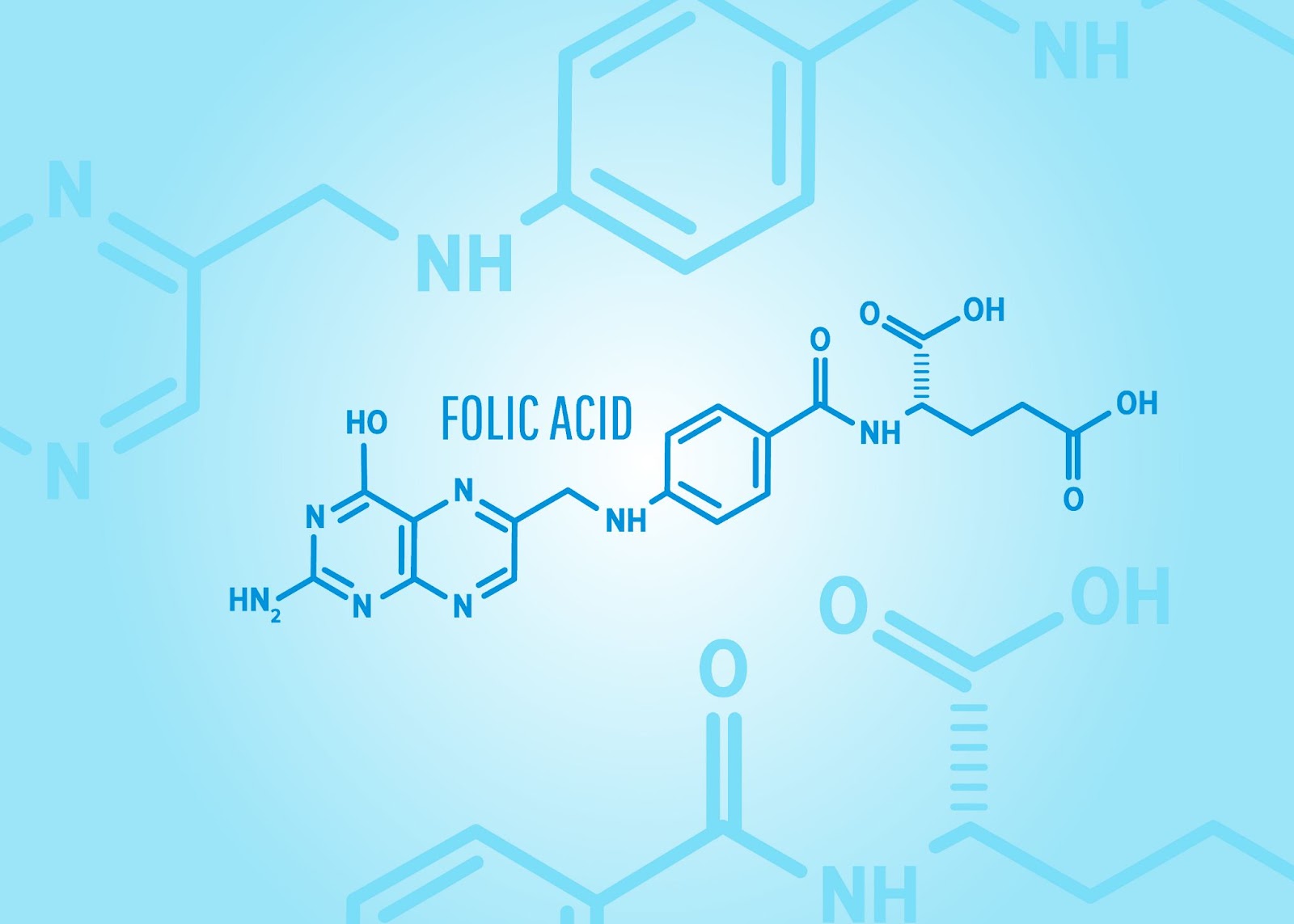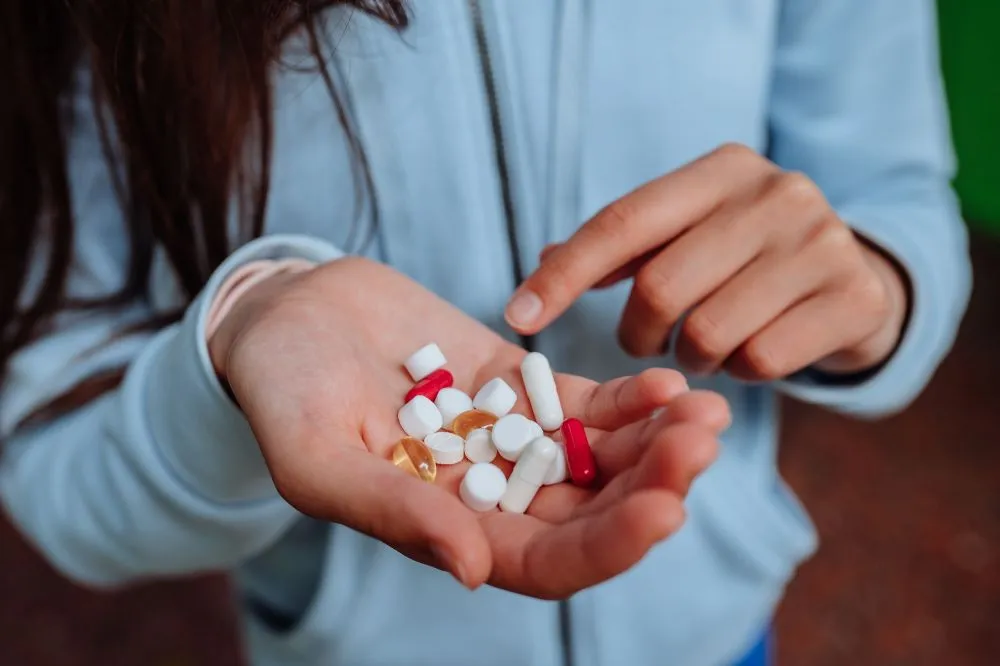Summary: In the US, more than a million suicides are attempted each year, causing more than 45000 deaths, most of which are young adults. Yet, there is no known effective treatment to reduce suicides significantly. Now a new study shows that a simple measure of using a folic acid supplement may reduce suicide risk by as much as 44%.
This is a very unusual and accidental finding of one of the new studies showing that folic acid may considerably reduce suicide risk.
it has long been known that vitamins are associated with better mental health, brain health, and energy levels, especially vitamin Bs. However, no one thought that it could reduce the suicide rate in such a significant manner, particularly in the case of opioid addiction treatment. Suicides or attempted suicides are generally associated with depression, and almost close to 5% of US adults are living with the condition. Each year about 12 million think of suicide and 10% of them attempt it, and it results in more than 45,000 deaths every year.
Despite so much progress in science, mental health disorders are increasing. There are tens of drugs to treat depression, yet none seems to work in all cases. Anti-depressants are moderately effective in treating depression. But, even worse, they fail to help in many instances.
In the new study published in the journal JAMA Psychiatry, researchers were looking for a possible association between depression risk and the use of various medications, a subject that is poorly explored yet.
For the purpose of the study, researchers analyzed the data of close to a million patients. They used the drug refill data to see if there is any association between the intake of various drugs and suicide risk. To understand this, they almost analyzed the patients’ use of close to 1000 drugs. To their surprise, their analysis showed that folic acid appears to be associated with significantly lower suicide risk.
Therefore, they decided to focus particularly on folic acid, also known as vitamin B9. The role of vitamin B-complex in brain health is known. Therefore, folic acid is often prescribed during prenatal care as it is essential for fetal brain development and reduces the risk of certain congenital disabilities.
For this purpose, they collected data from 866,586 patients who were given folic acid between 2012 to 2017. Since folic acid is more commonly prescribed to women, overwhelming numbers of those who took folic acid were women (80%).
When they analyzed the data, they found that people who took folic acid had a significantly lower suicide risk. However, since most patients who used folic acid were pregnant women, it is easy to understand such findings. Pregnant women are the least likely to commit suicide.
Nonetheless, researchers decided to move forward with their study and analyze the data of males. They were amazed to see that in men, folic acid intake reduced suicide risk by almost 44%, even after adjusting for various other confounding factors. These are incredible findings, as folic acid is readily available and is quite safe for prolonged use2.
There were some other interesting findings in the study, like a linear relationship between folic acid intake and reduced risk of suicides. The study found that folic supplementation for each month reduced suicide risk by about 5% and maxed out at about 44%. That is a massive benefit.
Since folic acid has many health effects similar to cyanocobalamin or vitamin B12, the researchers also decided to see if vitamin B12 could also help reduce suicide risk. However, they did not find any correlation between vitamin B12 intake and suicides. Hence, it appears that this benefit is unique to folic acid.
These findings have huge clinical relevance and must be tested in further well-designed clinical trials. It is vital to understand why folic acid is so helpful in preventing suicides. It is also essential to explore its role in treating depression.
If these findings are confirmed in clinical trials, then folic acid may emerge as a cheap and safe treatment for depression and preventing suicides, and it may help save thousands of lives.






